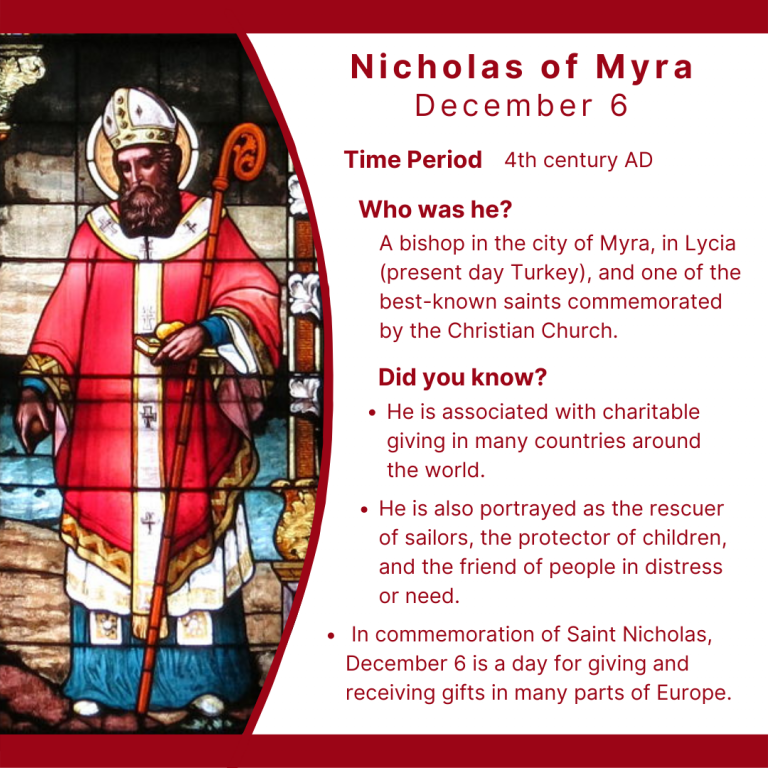Christian doctors challenge Ontario regulations on assisted suicide

CANADA – A coalition representing thousands of Christian doctors across Canada are challenging regulations in Ontario that would require them to participate in the provision of physician assisted suicide. The Christian Medical and Dental Society of Canada, the Canadian Federation of Catholic Physicians’ Societies, and Canadian Physicians for Life—members of the Coalition for HealthCARE and Conscience—are calling for an expedited judicial review of the College of Physicians and Surgeons of Ontario (CPSO)’s guidelines, arguing physicians’ charter rights to freedom of conscience and religion are being impinged.
The CPSO is requiring physicians who oppose assisted suicide to nevertheless participate in it by referring patients to another doctor willing to perform the procedure. The Christian medical associations challenging the CPSO’s policies represent more than 5,000 physicians and 100 healthcare facilities across the country.
“The current approach of the CPSO demands that doctors set aside their morals and go against their conscience to directly refer for assisted suicide,” said Larry Worthen, a member of the Coalition and the Executive Director of the Christian Medical and Dental Society of Canada. “In our view, effective referral and participating in assisted suicide are morally and ethically the same thing.”
“By requiring effective referral, the CPSO is forcing people of conscience and faith to act against their moral convictions,” Executive Director Worthen continued. “This threatens the very core of why they became physicians, which is to help to heal people. This is discrimination. It is unnecessary.”
The coalition notes that there are alternative ways to provide physician assisted suicide, without requiring opposing doctors to refer. “Protecting conscience rights of health practitioners would require only minor accommodations, such as allowing patients direct access to an assessment or allowing complete transfer of care to another physician,” the coalition writes. The province of Alberta, for example, has set up a separate centre to process physician assisted suicide requests.
The federal government passed legislation on June 14 that will allow adults facing terminal illnesses for whom imminent death is reasonably foreseeable the ability to seek a doctor’s assistance in committing suicide. The legislation is more conservative than an earlier parliamentary report, which had encouraged opening assisted suicide to children and youth, as well as to those suffering from mental health issues. It also encourage allowing dementia patients the ability to make advance requests for assisted suicide.
The legislation notes that physicians have the right to freedom of conscience and are not required to participate in assisted suicide, but left the details of the provision of physician assisted suicide to the provinces—a decision which made challenges from conscientious objectors inevitable. A number of provinces have recently moved to restrict the rights of physicians on moral issues, arguing that doctors should be obligated to provide an effective referral for procedures—like abortion and assisted suicide—that they decline to provide themselves.
Last year, Lutheran Church-Canada joined Catholics, Evangelicals, and other Canadian religious leaders in issuing a declaration on euthanasia and physician assisted suicide, opposing the practices and calling for greater support for palliative care in Canada. The declaration also encouraged freedom for healthcare professionals with conscience concerns on euthanasia and physician assisted suicide.
Lutherans can find additional pro-life resources at Lutherans for Life-Canada’s website and on the website of their American counterpart.
———————



